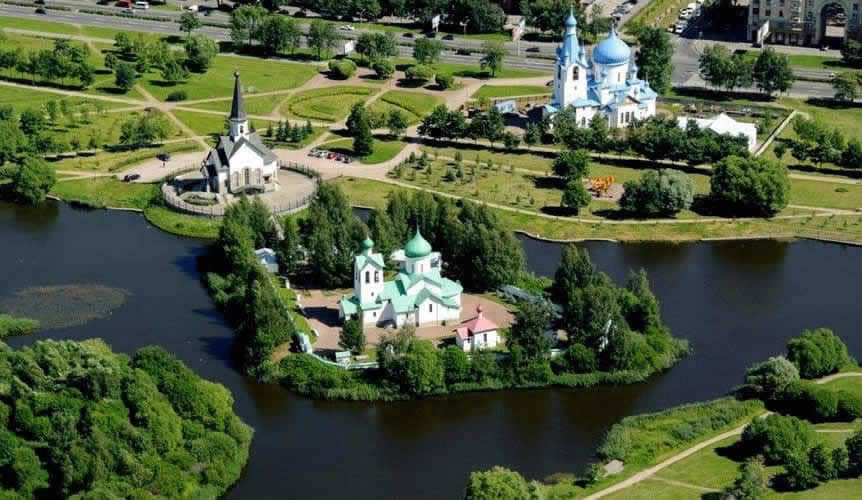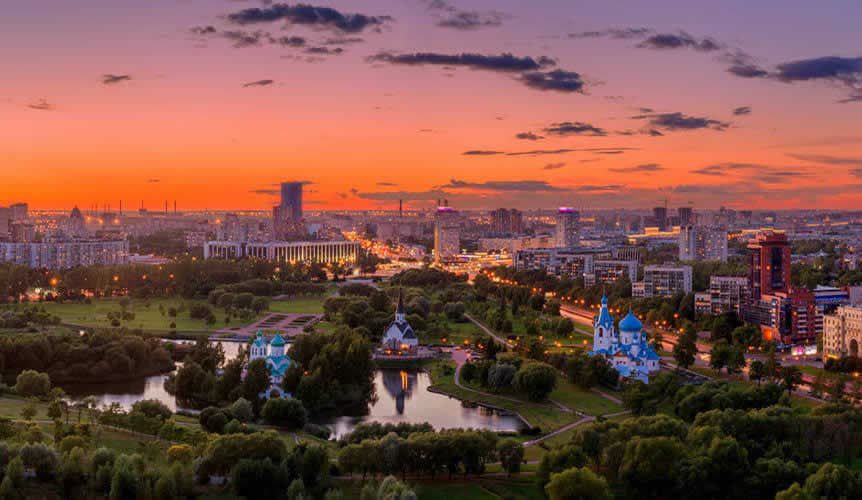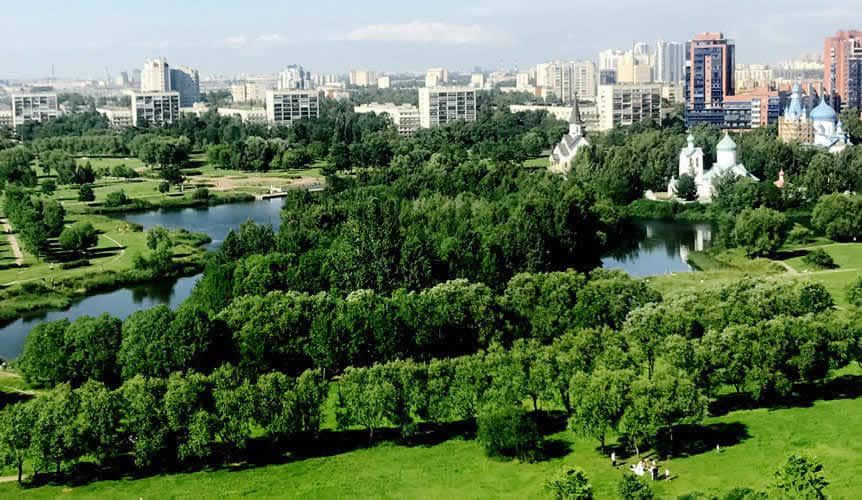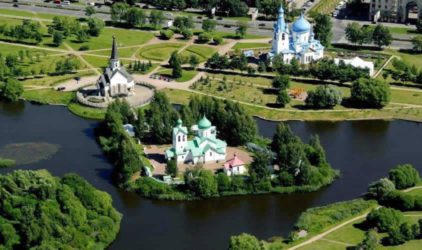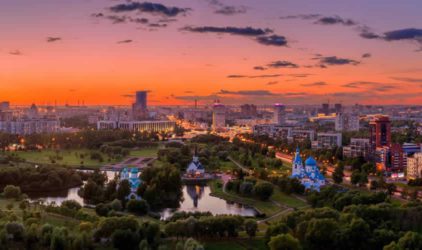If you study Russian, or you are into Russian culture and history, you know that Russian naming traditions are a bit different from most Europeans. What is the structure of a Russian name, which forms are in use? Let’s find out!
Russian naming customs

For example, the full name of a famous writer Tolstoy is Lev Nikolayevich Tolstoy where Lev is the first name, Nikolaevich is patronymic (so his father’s name was Nikolay) and Tolstoy is a surname. Patronymic normally changes depending on gender, so Tolstoy’s sister was Maria Nikolayevna.
Russians normally don’t have middle names, and there are not many Russians who don’t have a patronymic.
Short forms
It is typical for people to have a short form of their name that is in use among family and friends. Russian is no exception. Like in other languages, the short form in Russian sometimes may look completely different from the complete form. Let’s check some examples:
Feminine names
Anna – Anya (Анна – Аня)
Daria – Dasha (Дарья – Даша)
Svetlana – Sveta (Светлана – Света)
Lubov’ – Liuba (Любовь – Люба)
Masculine names
Nikolai – Kolya (Николай – Коля)
Sergei – Seriozha (Сергей – Серёжа)
Stanislav – Stat (Станислав – Стас)
Konstantin – Kostya (Константин – Костя)
However, it wouldn’t have been the Russian language, if there was just one option for each name. Russian easily creates new forms of its words, so Anna is not only Anya (that is a neutral option) but also Anechka, Anyuta, Annoushka (caring forms), An’ka (simple form, that even may be offensive in some cases)… And each name can have a great variety of such forms.
How do Russians call each other?
In informal situations, the short form is completely suitable – your friends or family won’t use your full name to address you.
In formal situations, there are normally two options: the most respectful one is to call someone using a full name and patronymic (in the case of Tolstoy, the respectful form is is Lev Nikolayevich), at school or university students call their teachers this way, also this is suitable if there is a big age difference. Another option is just to use a full name, it is suitable for most of not that formal situations.
Check our Instagram to see more of Russia, Facebook to find out more about culture and language, and Twitter not to miss the news!



